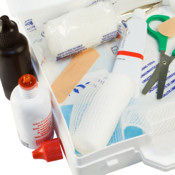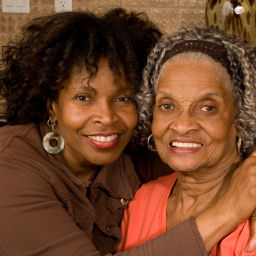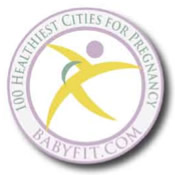 I start stockpiling water every spring.
I start stockpiling water every spring. I buy economy-sized packs of batteries in all sizes. I load up the cupboards with canned tuna and chicken, peanut butter and nuts. I hoard toilet paper, medicines, diapers and, when my son needed it, formula. I live in Florida where June 1 is the start of the six-month hurricane season. In five years here, I've weathered three direct hurricane hits and a handful of near misses and tropical storms. I've sweltered through weeks-long power outages and lived off granola bars until I couldn't eat them any more. And I've learned you can't rely in a crisis on the government or charitable organizations. They can help, but even they'll tell you they are a last resort. When disaster strikes, you need to take care of your family. And to do that, you have to plan ahead. Figuring out what the biggest threats are and educating yourself about them is the first step. Ignorance is not bliss in a crisis, as I learned when I moved to Florida and Hurricane Frances arrived just three weeks later. Having grown up in the Midwest, I knew exactly where to hide when tornado sirens blared, but had no idea my apartment was basically a hurricane bunker. I could have been high and dry in my apartment telling ghost stories by flashlight and instead was sleeping at a Red Cross shelter, sharing the floor of an elementary school art room for three days with two dozen other people, including eight Alzheimer's patients in the care of a single nurse. Not fun. The American Red Cross and www.ready.gov offer checklists for preparing for and surviving just about any kind of disaster, and Weather Underground is a great resource for tracking natural disasters. But also make sure you know the phone numbers or websites to check on your local garbage pick-up, electricity and weather warnings. Once you know what you're up against, make a plan. Your entire family should know what to do, where to go--even if it's just to the neighbor's driveway in case of a fire--and whom to contact in case of an emergency. Designating an out-of-danger point of contact is an essential step, according to the Red Cross. That person can act as a go-between if you and your family get separated and need to get messages to each other; their home can be a meeting spot. My parents, who live out of state and out of the path of hurricanes, are the emergency contact for my family. They also have a copy of our mortgage, insurance policies and other important papers. If the worse happened and our house was wiped out, we still would have the information to rebuild our lives. Rehearse your plan. Practice fire drills and go over your evacuation routes. Make sure your kids--and you--know the necessary numbers by heart, instead of relying on a cell phone directory. And then, start stockpiling. A basic disaster survival kit includes enough food and water--one gallon per person, per day--for three days, according to the federal government. Flashlights and batteries, a stocked first-aid kit (make sure no one's picked out all the Band-aids or ibuprofen) are necessities, too. Put everything in one place, preferably in a safe area and in bins or bags so it can be taken with you if you evacuate. Our disaster kit is on garage shelves. I stock up every spring with canned goods and then rotate most of them into my pantry after hurricane season to make sure I don't end up with expired food in the middle of a crisis. Water is piled up alongside, and a bin on a bottom shelf holds boots and old clothes, a tarp, tools, rope, first-aid kit and other odds and ends. Lanterns and batteries are together on a top shelf. When my son was little I always made sure to have extra diapers and formula. My husband mocked me when I bought tuna in bulk and stacked diaper boxes reached almost to the ceiling. But, when a tropical storm trapped us in the house for two straight days, our bellies never went empty and our butts were never bare. Survival kit essentials: While your survival kit will vary depending on the type of disaster you're facing, here is a basic list of supplies:
|
If a Disaster Hits, Would Your Family Be Ready?
Prepare Yourself with Our Handy Checklist
Page 1 of 1
.jpg)





Member Comments